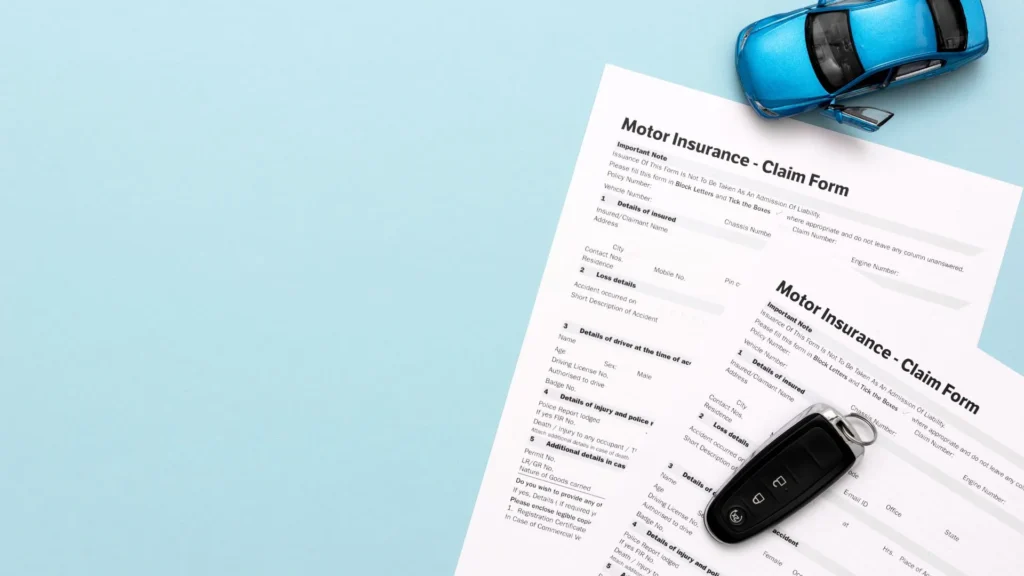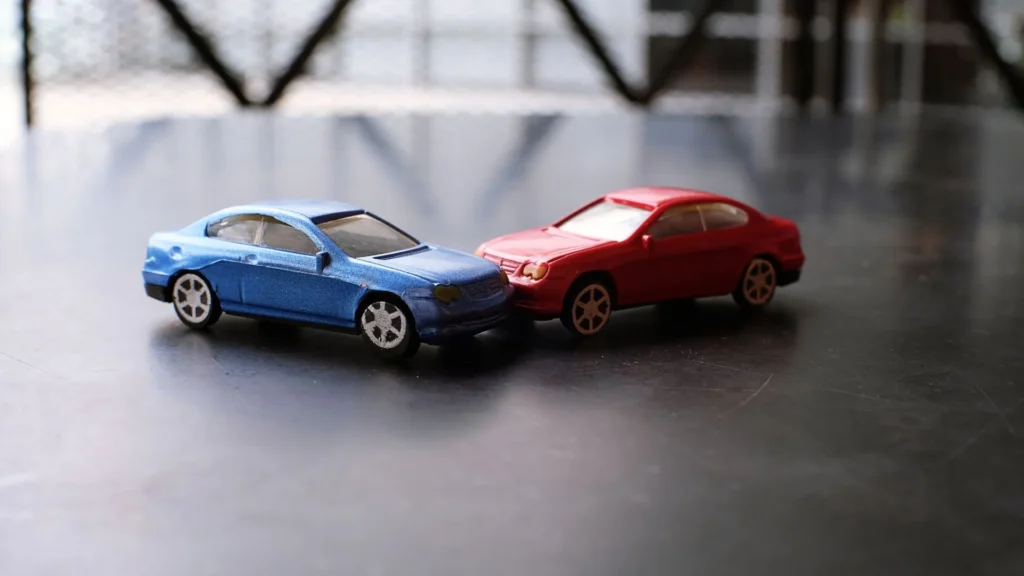Does Car Insurance Cover Natural Disasters?
Yes! Car insurance generally covers damage caused by natural calamities like floods, hurricanes, and earthquakes. For such situations, you need to get comprehensive coverage. However, checking the policy details for specific coverage limits and exclusions is essential before signing up.
When Will Car Insurance Not Cover Natural Disasters?
While car insurance generally covers natural disasters, situations where coverage may not apply include:
- Having only liability coverage.
- Not purchasing comprehensive coverage.
- Policy exclusions for specific disasters.
- Failure to file timely claims.
- Submitting fraudulent claims can result in denial of coverage.
What Is Considered a Natural Disaster for Insurance Purposes?
A natural disaster for insurance purposes typically includes events beyond human control, such as floods, earthquakes, hurricanes, tornadoes, wildfires, and other catastrophes. Comprehensive insurance often covers damages from these natural disasters, subject to policy terms.
How Do You File a Claim After a Natural Disaster?
To file an insurance claim after a natural disaster, contact your insurance provider promptly, document damage with photos, mitigate further harm, meet with an adjuster, review your policy, and file the claim with the gathered information. Keep records and stay in touch with your provider for assistance.
Will My Car Insurance Premium Go Up After a Natural Disaster?
Generally, your car insurance premium may not increase solely due to a natural disaster, especially if the event was beyond your control. However, individual circumstances and the overall impact on insurance rates in your region can vary.
Natural Disasters and Their Impact on Car Insurance
In auto insurance, protection against natural disasters is paramount for vehicle owners. Comprehensive coverage is pivotal in mitigating financial risks associated with damages caused by various forces of nature. Let’s delve into specific natural disasters and how comprehensive coverage ensures a safety net for car owners facing the unpredictable forces of wind, flood, lightning, hail, and earthquakes.
Wind Damage (Hurricanes & Tornadoes)
Comprehensive coverage safeguards your vehicle against wind damage from hurricanes and tornadoes, categorized as “Acts of God.” This coverage is crucial for protection against unpredictable events, covering repair costs resulting from high winds and flying debris. Ensure you have comprehensive coverage before these disasters occur to secure financial assistance.
Flood Damage
Car insurance coverage for flood damage necessitates continuous maintenance of comprehensive coverage. Timing is crucial, as binding restrictions may be imposed once a flood threat is identified. To ensure coverage during a forecasted flood, it is imperative to have comprehensive coverage in force beforehand, as adding it during a binding restriction is typically not permitted.
Lightning Damage
Comprehensive coverage extends protection against lightning damage. If your vehicle is struck by lightning, the resulting damages are generally covered. As with other natural disasters, having comprehensive coverage before such events ensures you are financially protected against lightning-related damages.
Hail Damage
Comprehensive coverage is essential for safeguarding your vehicle against hail damage. Regardless of the extent of the damage, comprehensive insurance will reimburse your losses after a hailstorm. It’s important to note that the severity of the damage sustained may influence the decision to file a claim.
Earthquake Damage
While a separate policy is required to protect dwellings from earthquakes, comprehensive auto insurance covers vehicle damage. It’s essential to have comprehensive coverage before an earthquake occurs, as adding it after your vehicle is damaged may result in coverage denial. Be proactive in securing comprehensive coverage to protect your vehicle against earthquake-related damages.
Why I Can’t Get Car Insurance Right Before a Natural Disaster?
Insurance companies typically impose binding restrictions before a natural disaster, preventing policy additions or changes. It means you cannot obtain car insurance immediately before an event, highlighting the importance of maintaining comprehensive coverage in advance for adequate protection.
Why Insurers Won’t Bind Policies During a Natural Disaster
Insurers refrain from binding policies during a natural disaster to mitigate potential fraudulent claims and manage their exposure to significant losses. This preventive measure helps maintain the integrity of the insurance process during times of heightened risk.
How Much Does “Acts Of God” Insurance Coverage Cost?
The cost of “Acts of God” coverage, typically provided through comprehensive insurance, varies based on location, vehicle type, and coverage limits. It’s best to consult with insurers for personalized quotes tailored to individual circumstances.
Filing a Claim for An “Act Of God”: Will Your Rate Increase?
Filing a claim for an “Act of God” event, covered by comprehensive insurance, usually doesn’t result in a rate increase. Such events are considered beyond the driver’s control, and comprehensive claims are less likely to impact premium rates.
Does Car Insurance cover Out-of-State Natural Disasters?
If you have comprehensive coverage, car insurance typically covers damages from out-of-state natural disasters. However, reviewing your policy is essential, as coverage specifics may vary, and certain conditions or restrictions could apply.
How to Avail Car Insurance That Covers Natural Disasters
To obtain car insurance covering natural disasters:
- Purchase comprehensive coverage.
- Ensure your policy explicitly includes protection against events like floods, hurricanes, earthquakes, and other disasters.
- Consult with insurance providers to customize coverage based on your location and needs.
Conclusion
Comprehensive coverage ensures the security of your vehicle against natural disasters. However, to have a smooth insurance experience during challenging times, understanding policy details, maintaining coverage, and filing claims promptly are crucial.




























